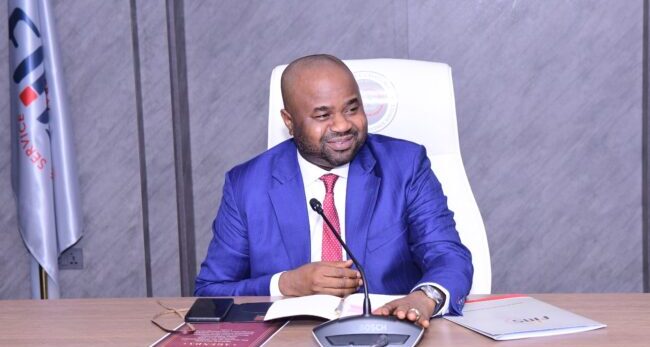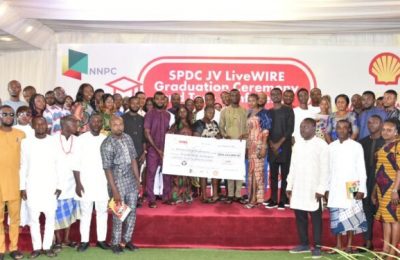The Federal Inland Revenue Service (FIRS) said it has achieved, not only enhanced tax compliance but has also positioned itself to meet the ambitious target of an 18 percent tax-to-GDP ratio by 2026 through the integration of technology, improved processes, and capacity building for the workers.
This was disclosed by Dr. Zacch Adedeji Executive Chairman FIRS on Thursday in his welcome address at the workshop on enhancing tax compliance and revenue generation in Abuja.
Dr. Adedeji solicited the cooperation of the Accountant-Generals and Directors of Finance that participated in the workshop for the FIRS to accomplish its crucial responsibility of assessing, collecting, and accounting for revenue accruable to the federation.

ALSO READ: Benue: LP’s Enenche calls for cancellation of Ogbadibo LG poll
He reiterated that they cannot achieve this mandate without their effective collaboration and support, whether by virtue of legal authority or through direct engagement, as Accountant-Generals, serve as vital agents of government, ensuring that taxes are collected and remitted in a timely and efficient manner.
“We are all agents of the same government, united by one vision: to ramp up revenue for the growth and development of Nigeria and, by extension, for the benefit of its citizens.
“It is no longer news that our nation is facing economic challenges, but as a government, it is imperative that we look inward and increase our internally generated revenue.

“However, this does not necessarily mean increasing tax rates. Instead, we must focus on blocking leakages and ensuring full compliance with the existing tax laws, a task that I believe we can achieve together,” Dr. Adedeji stated.
He added, “Your role as Accountant Generals is critical in this regard.
“You are responsible for ensuring that VAT is charged and remitted, that Stamp Duties are paid on contracts, and that withholding Tax (WHT) elements in contracts are properly withheld and remitted. These are not just tasks assigned to you by law, but responsibilities that are central to the success of our collective mandate,” he further said.
The Executive Chairman of FIRS highlighted that the government has also made efforts to simplify the tax remittance process, particularly through the centralized payment system where Accountant Generals handle payments on behalf of government agencies, which has been instrumental in ensuring swift remittance of taxes such as VAT, WHT, and Stamp Duties.
Also, he said WHT rates have been reduced to focus on taxing profits rather than revenue, a move that aims to ease the burden on businesses and citizens, noting that while this may reduce the immediate tax collection, the FIRS believes that enhanced compliance and collaboration can expand the tax base and make up the difference.
He stated, “It is important to emphasize what FIRS has achieved through the integration of technology, improved processes, and capacity building for our people.
“These advancements have not only enhanced tax compliance but have also positioned us to meet our ambitious target of an 18% tax-to-GDP ratio by 2026.”
Dr. Adedeji reiterated that the collaboration, particularly with key stakeholders like the Accountant-Generals and Directors of Finance, is critical to their successes in achieving the goal, and urged them to use the workshop as an opportunity to reaffirm their commitments to these shared objectives.
He said, “If there is anything that has been demonstrated by sovereigns or institutions that has made remarkable strides in tax compliance is that they are very intentional towards collaboration and the establishment of a support systems that encourage compliance across all tax categories.”
Dr. Adedeji expressed the believe that by working together, the nation can create a more efficient, transparent, and effective tax administration system that supports the economic growth of Nigeria.







